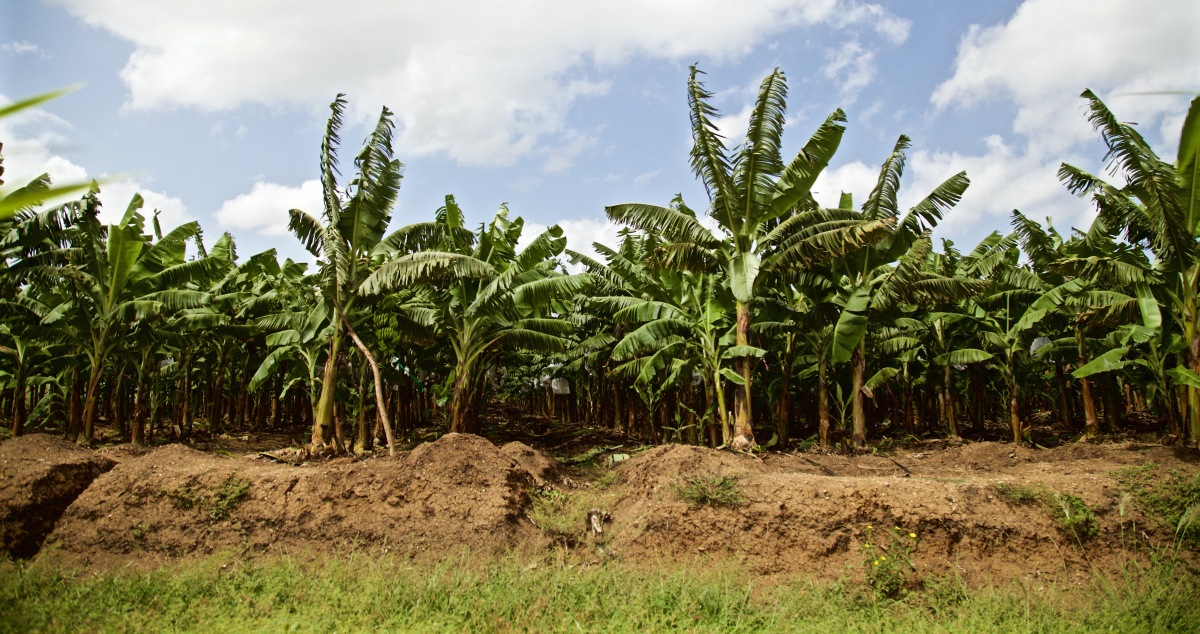From an interview by Beverly Bell
 |
| PAPDA, a coalition of nine Haitian organizations, supports rice cooperatives like this one in Northern Haiti as part of its commitment to women's leadership in local agricultural production against the backdrop of increasing land and resource grabs throughout the Caribbean nation. Image courtesy of Salena Tramel, for Grassroots International. |
In Haiti, the majority of the people working the land are women. Not only are they there during planting, weeding and harvesting, but they also play a role in transforming and marketing food products. They’re involved in the entire agricultural production process. This is why we call women the poto mitan, central pillar, of the country.
When a family is dispossessed of its land, women are victims. Rural women are the first to feel the pain. Ways that land theft and expulsions are affecting them need to be put on the table so the impacted women can be made a priority. There needs to be social, educational, technical, and economic support, and a lot of community organizing. The world needs to see what women suffer under land grabs and the neoliberal policies behind them.
No Land Rights for Women
Our constitution very clearly says that those who work the land have the rights to the land, but this has never been the reality. Haiti’s poor continue to be victims of land expropriation for the profit of others, which give a tiny minority rights over the riches of this country.
Today multinational corporations and other interests are taking cultivable land that used to produce food, and giving it to industries to make textile factories or other businesses that have nothing to do with food production - and in a country that is experiencing so much hunger. Those who are running the country profit, too. Elite landowners, who don’t even live in the country, own many thousands of hectares of land. The [Catholic] church, too is one of the institutions that owns a lot of land historically, and [rarely] does anything with it.
The problems around land ownership, occupation, and expropriation of land for the profit of multinational corporations - with the complicity of the government of Haiti - are especially grave for women. This isn’t anything new. These issues have always existed for peasant families, but it is taking on new dimensions. We see women – who already lacked access to and control of land, and who didn’t have control over production in economic terms – suffering even more.
Consequences of Land Grabs on Women
Even though a woman doesn’t hold the title to property - it’s rare to find one who has a title - she will work the land that her husband owns. She lives with, supports, and collaborates with the [husband or father’s] family to make sure that she and her children can eat, that her children can go to school, that she can pay for their health needs, for everything. All this is because in Haiti the population is mainly on its own; the state doesn’t provide any basic social services. The social services that had been there, even though they were minimal, have disappeared for the profit of neoliberal politics that have been applied in the country over the last 20 to 25 years.












